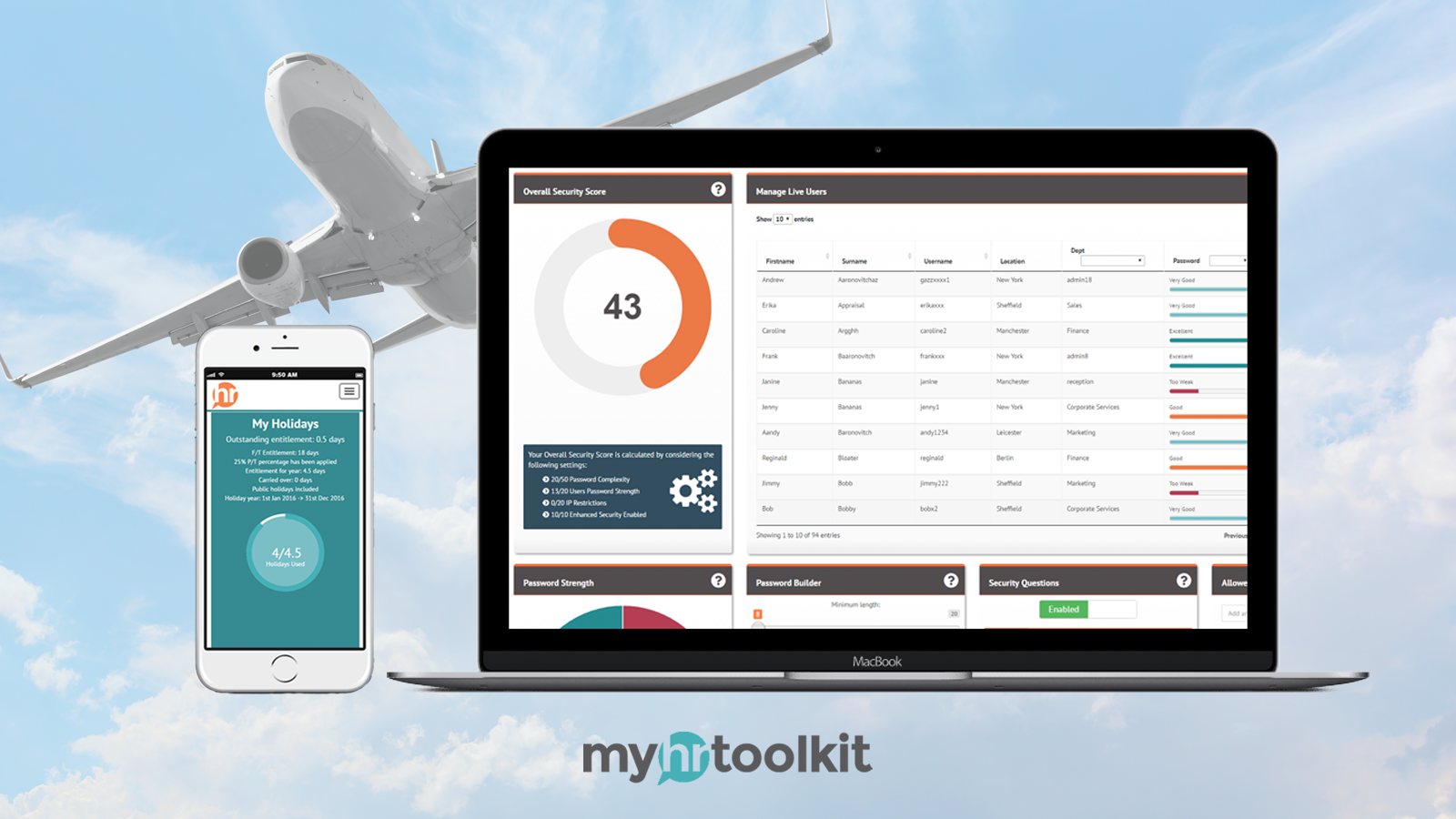This guide to managing sickness and annual leave has been checked and approved by senior employment lawyer Matthew Ainscough of Bell & Buxton incorporating Ironmonger Curtis. The guide was last updated on 4th August 2021.
It's always unfortunate when a member of staff falls ill just before or during a scheduled holiday. Beyond ruining their plans, sickness can prevent them from taking the annual leave they are entitled to that will help them work productively throughout the rest of the year.
This situation has implications for employers and managers, who need to know how annual leave and sick leave interact, to ensure workers receive all their holiday entitlement. This may not be the case when sickness occurs during scheduled leave.
As an employer or manager, there are ways of managing sickness and annual leave. Please note, however, that you should always seek legal advice to ensure you are taking the right approach.
What to consider when sickness occurs before or during annual leave

The European Court of Justice's decision in the case of Pereda v Madrid Movilidad SA made it clear that a worker who is incapacitated before a period of pre-arranged statutory holiday should have the right to reschedule the holiday for a later date.
Furthermore, if the worker remains sick until the end of the relevant leave year, they should be allowed to reschedule their holiday in the next leave year. This case also suggested that workers who become sick during statutory holiday should be entitled to take the sickness-affected holiday at a later date.
In light of this, here is an example outline of what to do when workers are sick during holiday leave:
- The employee should inform the employer of the illness as soon as possible.
- The employee should be asked whether or not they would like to re-schedule their holiday for a period of time when they are not incapacitated.
- If the employee wishes to re-schedule, the employer should reinstate the worker's holiday entitlement for the affected days.
- In the case that employers adjust holiday leave to sick leave, the employee should receive Statutory Sick Pay (SSP) instead of holiday pay. This is the case unless your organisation has different protocols in place for sick pay, such as Contractual Sick Pay.
- If the reinstated annual leave cannot be taken within the same leave year, it should be carried over to the next leave year.
Preventing the misuse of sick leave during holiday

Some employers are understandably concerned that employees could take advantage by claiming to be ill during a holiday. At the outset, receiving SSP instead of full pay may act as a deterrent to this behaviour.
Beyond this, ensuring workers take the same actions that would usually be required for sick leave should help prevent employees abusing sick leave. This could include phoning in daily, getting a sick note from the doctor, and a return to work interview.
Leaveism: when workers take annual leave for sickness
Absenteeism (non-genuine sick leave) is a commonly understood issue for employers and HR professionals; presenteeism (working while ill) also has its place in discussions on sickness (read our guide on how to handle presenteeism in the workplace to find out more). In this vein, it's also important to consider leaveism and the impacts this may have on your workforce.
Leaveism refers to situations where employees use annual leave when they are actually too ill to work. It's a common issue; according to a survey from CIPD and Simplyhealth in 2018, 69% of respondents reported that leaveism had occurred within their organisation within the previous 12 months.
This is another case where sickness and annual leave can overlap – with consequences for the employee and the organisation. Annual leave, when taken properly, is key for reducing stress and avoiding work burnout. By using annual leave for sickness, employees aren't reaping the benefits and fully recharging with time away from work. Work-related stress is one of the top causes of absence, so encouraging employees to only use annual leave for holiday is highly important.
Learn more: Encouraging staff to take annual leave
Managing sickness and annual leave with HR software

Managing sickness and annual leave can be a complex and nuanced situation. Please note that this article is only an overview on the issue, not official advice; it's best to seek legal advice to ensure your decisions are legally compliant.
If you're looking to record and monitor staff absences and holidays more effectively, we recommend checking out myhrtoolkit's absence management and holiday management features. With our HR software in place, you can make the changes you need and have documentation for holidays and absences that are clear for everyone.
Read more from our blog

Written by Camille Brouard
Camille is a Senior Marketing Executive for myhrtoolkit who writes on topics including HR technology, workplace culture, leave management, diversity, and mental health at work.


 Holiday Planner
Holiday Planner Absence Management
Absence Management Performance Management
Performance Management Staff Management
Staff Management Document Management
Document Management Reporting
Reporting Health and Safety Management
Health and Safety Management Task Management
Task Management Security Centre
Security Centre Self Service
Self Service Mobile
Mobile




